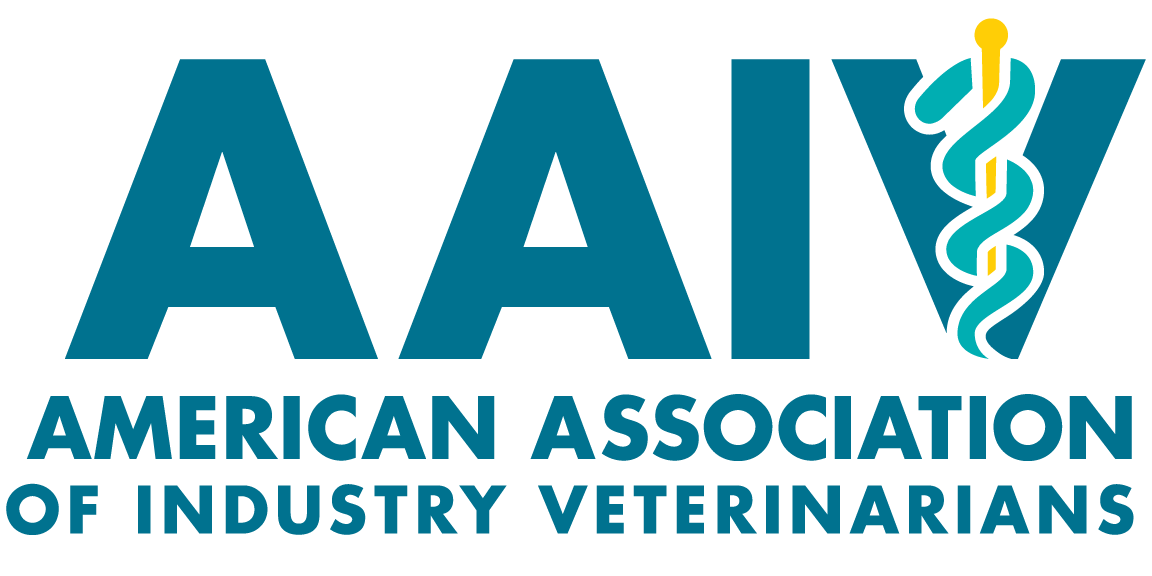Pearls for a Thriving Career
By Ellen I Lowery, D.V.M., PhD, M.B.A
When I first joined industry I believed I had the perfect job. I was immersed in a mix of research, education and clinical work in an environment that met my core needs at the time – challenging work, the right geographic location and financial security with benefits! Honestly at that time in my life, just out of graduate school with a mountain of educational debt and a family to provide for, I just wanted a ‘good’ job and wasn’t really thinking about my long term career. A few years later, as corporate priorities shifted, I was faced with a career decision – stay in R&D and shift my research focus, search for a different position within the company or look outside the company. I realized that I needed to take the lead in managing my career to be successful professionally and personally. I evolved from passively waiting to see what my manager thought would be my next role to actively learning about different roles and seeking new opportunities.
Career management can be thought of as the process by which we make reasoned, appropriate decisions about our work lives. It may seem that our careers are driven more by chance than ‘reasoned decisions’. This is where you take charge. Taking an active role in managing your career can be the difference between surviving a job and having a thriving career.
Some pearls for managing your career within a corporate environment include:
- Start with your ‘why’. Know what’s important to you in regards to your talents, interests and preferred lifestyle. What are the reasons that you’ve chosen the company and your position? This could range from needed a job with benefits to love the company values. For example, with my first position I had the opportunity to join a company that didn’t require relocation (important for my family), offered a strong salary and benefits package (important for me to be able to care for my family and service my loan debt), had a position that matched my interests/strengths (important for me to feel fulfilled and challenged) and was a company that had a mission that matched my core values (important for my fit and values as a veterinarian).
- Think about what’s important to you both now and in the future and be willing to step outside your comfort zone. Early in my career the ability to provide stability and care for my family was more important than climbing the corporate ladder. After a few years I was ready personally and professionally for new challenges and also wanted career advancement. I was willing to leave my role in R&D and embrace opportunities on the commercial side of the business. A great resource is the book Feel the Fear and Do it Anyway by Susan Jeffers. She writes that one of the biggest reasons people don’t move ahead is the fear of making the wrong decision. Flip this to thinking about your potential gain from making the right decision and be willing to fail forward. If you make a mistake, it’s an opportunity to learn and grow.
- Embrace both the objective and subjective levers of career management. The objective components are things like the job position or duties (my first position as a scientist) and the subjective components are the feelings or values around that experience (exciting work, met personal values). From this perspective, career management can involve changing the objective component (moving from scientist position to marketing manager position) and/or by modifying the subjective perception (saying I have to stay with company for financial reasons versus saying I choose to stay with the company because supporting my family is important to me).
- Work with your manager and your network to learn about different positions. If there’s a position you’re interested in, ask about the requirements for that position (skills, location, travel, etc.), evaluate if the position is a fit for you in terms of your career and your life goals and if so, let your interests be known and ask for opportunities to develop the needed skills.
- Adopt a learner mindset and frame your career in terms of work related experiences vs. specific positions. Leaning in to opportunities builds your network and your skillset, both valuable in shaping your career. Look for ways to enhance your career through opportunities within your company, such as leading a project or volunteering for a task force, or outside your company such as working with professional organizations (AAIV, AVMA, local VMA or shelter, school board, youth sports, 4H, etc.)
Taking an active role in managing your career by understanding what you enjoy, what you’re good at and what really matters to you in work and in life will support a rewarding, successful career.

